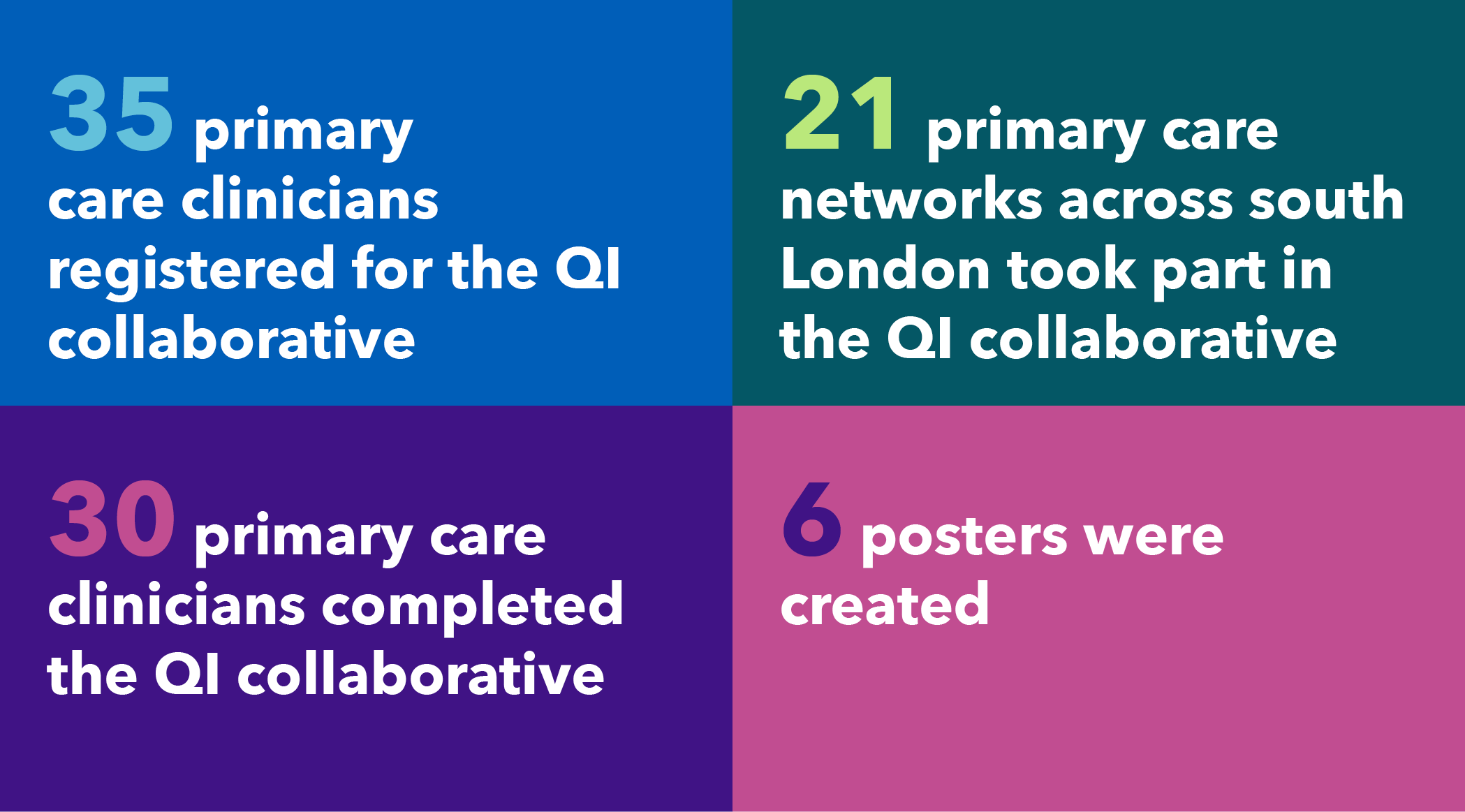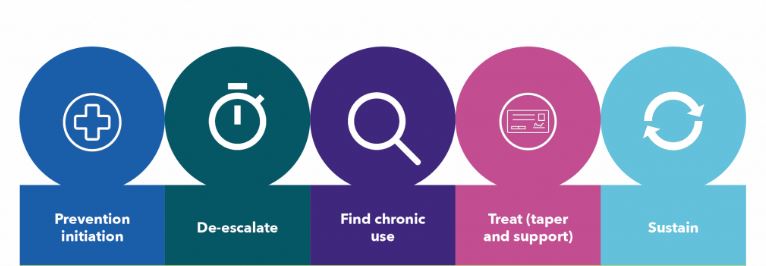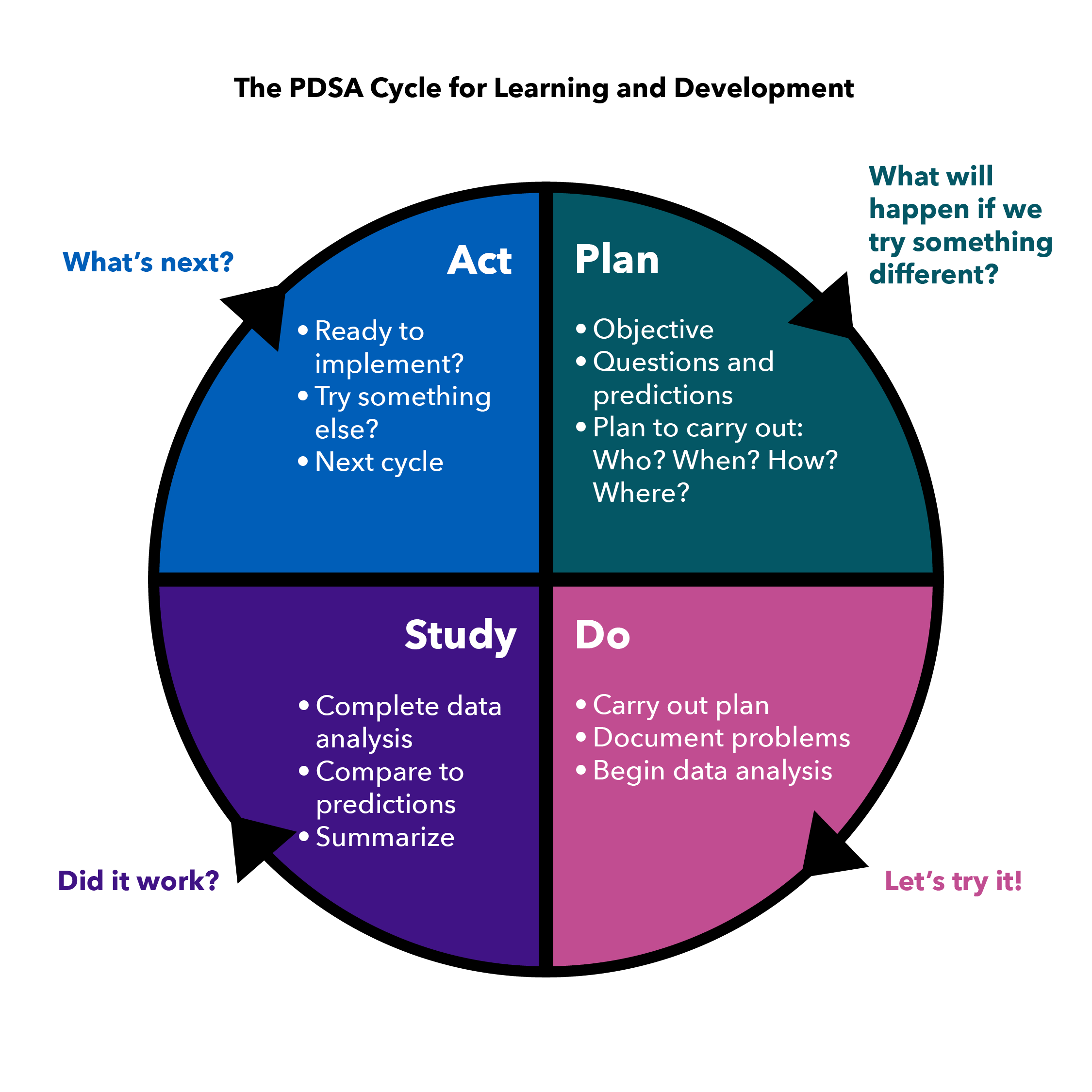Opioid Stewardship QI Collaborative
August 15, 2022In response to the nationally commissioned Medicines Safety Improvement Programme (MedSIP), the Health Innovation Network has developed a local programme aiming to reduce opioid-related harm to patients experiencing chronic pain (non-cancer related).
This work is one of at least 15 Patient Safety Coalitions collaboratives (PCS) established at ICS level across the country. By March 2024, the aim is to have 30,000 fewer people prescribed oral or transdermal opioids (of any dose) for more than 3 months preventing ~484 deaths.
The Health Innovation Network (HIN) delivered a CPD accredited Opioid Stewardship Quality Improvement Collaborative for clinicians across south London from October 2022 to March 2023.

If you would like to see examples of how participants improved chronic pain management by reducing harm from opioids, please click here.
The collaborative combined masterclasses from local and clinical specialists with QI workshops. Participants were supported to develop an improvement project linked to one of the focus areas in their own practice. You can read more about the QI collaborative in our blog here. Below you can see a summary of the key learning from the masterclasses and QI workshops.
This masterclass was co-delivered with Dr Cathy Standard, Consultant in Complex Pain and Pain Transformation Programme Clinical Lead for NHS Gloucestershire ICB who provided an overview of complex pain management and Clare Howard, Wessex AHSN. Clinical Lead for the Wessex Medicine Optimisation Programme who provided an overview of the NHS BSA Opioid Prescribing Comparators dashboard.
Key learning
- Persistent pain is complex and has strong links with mood, emotional well-being, mental health, adverse childhood experiences, patient expectations, fears, and previous experience of pain.
- There is not a strong association between the perception of persistent pain and the extent of tissue injury at the pain site.
- Clinicians must work as a team to support the management of complex cases, acknowledge the complexity of persistent pain and assess appropriately with consideration of patients’ preferences and recognise high dose opioid prescribing is a sensitive marker of complexity.




